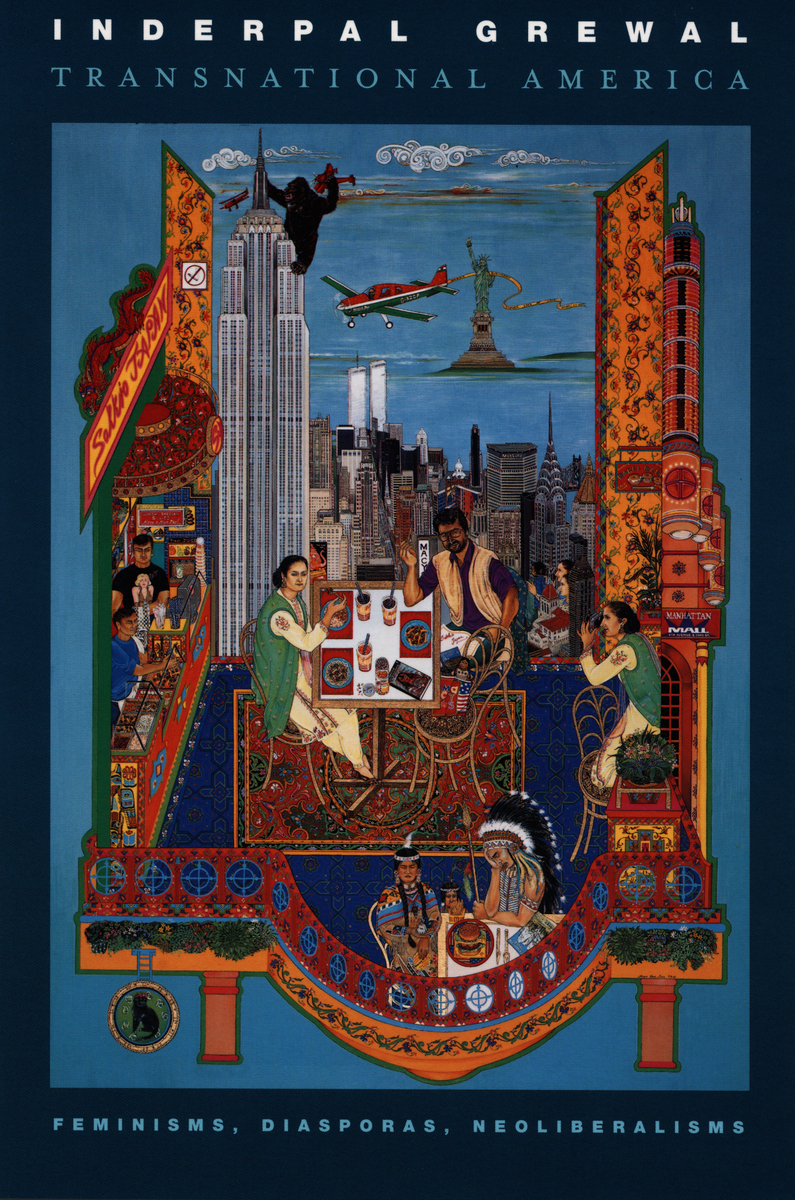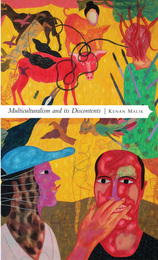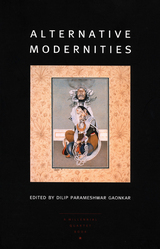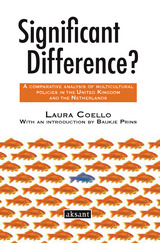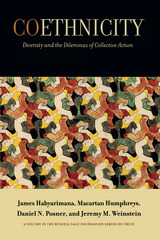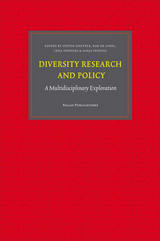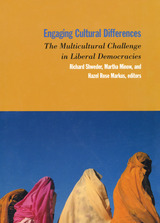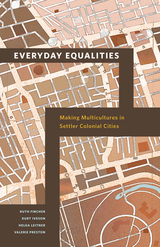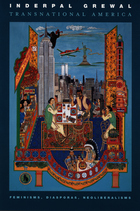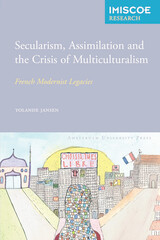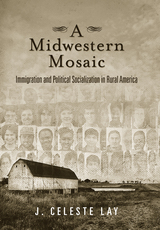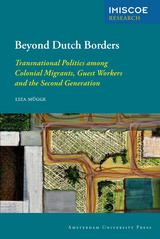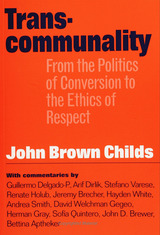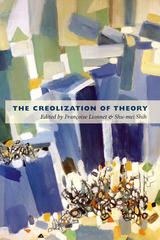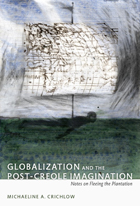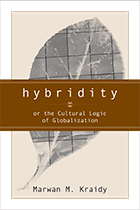eISBN: 978-0-8223-8654-4 | Paper: 978-0-8223-3544-3 | Cloth: 978-0-8223-3532-0
Library of Congress Classification HM1271.G74 2005
Dewey Decimal Classification 305.488914110731
Grewal combines a postcolonial perspective with social and cultural theory to argue that contemporary notions of gender, race, class, and nationality are linked to earlier histories of colonization. Through an analysis of Mattel’s sales of Barbie dolls in India, she discusses the consumption of American products by middle-class Indian women newly empowered with financial means created by India’s market liberalization. Considering the fate of asylum-seekers, Grewal looks at how a global feminism in which female refugees are figured as human rights victims emerged from a distinctly Western perspective. She reveals in the work of three novelists who emigrated from India to the United States—Bharati Mukherjee, Chitra Banerjee Divakaruni, and Amitav Ghosh—a concept of Americanness linked to cosmopolitanism. In Transnational America Grewal makes a powerful, nuanced case that the United States must be understood—and studied—as a dynamic entity produced and transformed both within and far beyond its territorial boundaries.
See other books on: Americanization | Consumption (Economics) | Group identity | National characteristics, American | Transnationalism
See other titles from Duke University Press
